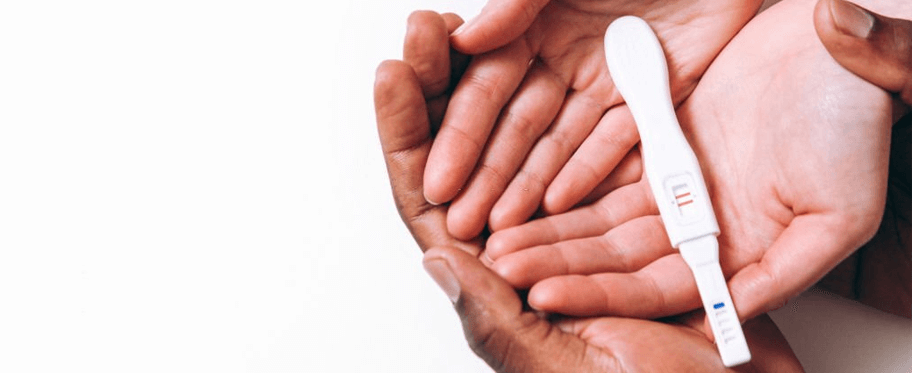
Egg Recipient Program
The Egg Donor Program at the Chawla Nursing Home & Maternity Hospital, Jalandhar can help match egg donors with people who do not have viable eggs for achieving a healthy pregnancy. This can be the result of age, illness, genetic abnormalities, prior surgery, or an unsuccessful response to fertility medications used to stimulate ovulation.
Women can either use an anonymous donor who is currently ovulating or one whose eggs were previously frozen. Less commonly, women select a directed donor, meaning someone who is known to them.
When donor eggs are used, a person is often able to carry the pregnancy in their own healthy uterus. To achieve pregnancy, the donated eggs are combined with sperm, and the resulting embryo is implanted into the person’s uterus or the uterus of a gestational carrier. In some circumstances, a person’s uterus is considered unsuitable for pregnancy, or less commonly, they do not have a uterus. Embryos created from donor eggs can also be transferred to the uterus of a gestational carrier.
CHOOSING YOUR EGG DONOR
You have a variety of options in choosing an Egg donor. As your partner in the journey, Chawla Nursing Home will be with you every step of the way providing guidance. There are some important factors to take into consideration as you identify your egg donor. At the top of the list is choosing a healthy individual. You also want to have an egg donor who is relatively young, between the ages of 21-32. During these years, a woman’s eggs are at their best quality. Your donor will be screened extensively to rule out complications during your fertility journey.
Options for egg donation can include a friend, family member or you can choose a donor from an egg bank. Chawla Nursing Home & Maternity Hospital, Jalandhar offers egg donor services. If you choose Chawla’s egg bank, be advised that treatment will take place in their Connecticut facility.
OTHER CONSIDERATIONS FOR EGG DONORS
What tests are performed on the donor?
The donor is tested for infections such as HIV, Hepatitis B and C, gonorrhea, chlamydia and syphilis. All donors should be tested to be sure that they are not carriers of the cystic fibrosis gene. Other genetic testing should be performed based on the donor’s history and ethnic background. Some programs perform chromosome analysis and test for Fragile X syndrome; however, this testing is not required. Psychometric testing is often done as part of the mental health screening.
How should the recipient be evaluated?
Evaluation of the recipient is similar to that of couples undergoing routine IVF. This should include a comprehensive medical history from both partners, including blood type and Rh factor, and testing for sexually transmitted diseases including HIV, hepatitis, gonorrhea, chlamydia, and syphilis. The couple should be counseled by a mental health professional about the complexity of the decision to use donor eggs.
The recipient should have a pelvic exam and an assessment of her uterus (womb). If she is over 45 years old, a more thorough evaluation should be done, including an assessment of heart function and risk of pregnancy-related diseases. She may also be advised to see a doctor who specializes in high-risk pregnancy. The male partner’s sperm should be analyzed and appropriate genetic screening should be obtained based on his history and ethnic background.
What is the chance that a donor egg cycle will result in pregnancy?
The success of egg donation depends on many factors but is not considered to be related to the age of the recipient. Success rates compiled by the Centers for Disease Control for the year 2010 show an average birth rate per embryo transfer of 55% for all egg donor programs.
Egg donors do receive financial compensation. As part of the screening process, they also receive a complimentary in-depth evaluation of their reproductive and overall health.
We want to ensure that donor eggs are of the highest quality for our patients, which is why stringent testing and evaluation are so important in the process. You can schedule an appointment for consultation for more information about our donor egg-recipient program.
Schedule An Appointment
Get your Appointment Confirm with us Easily

